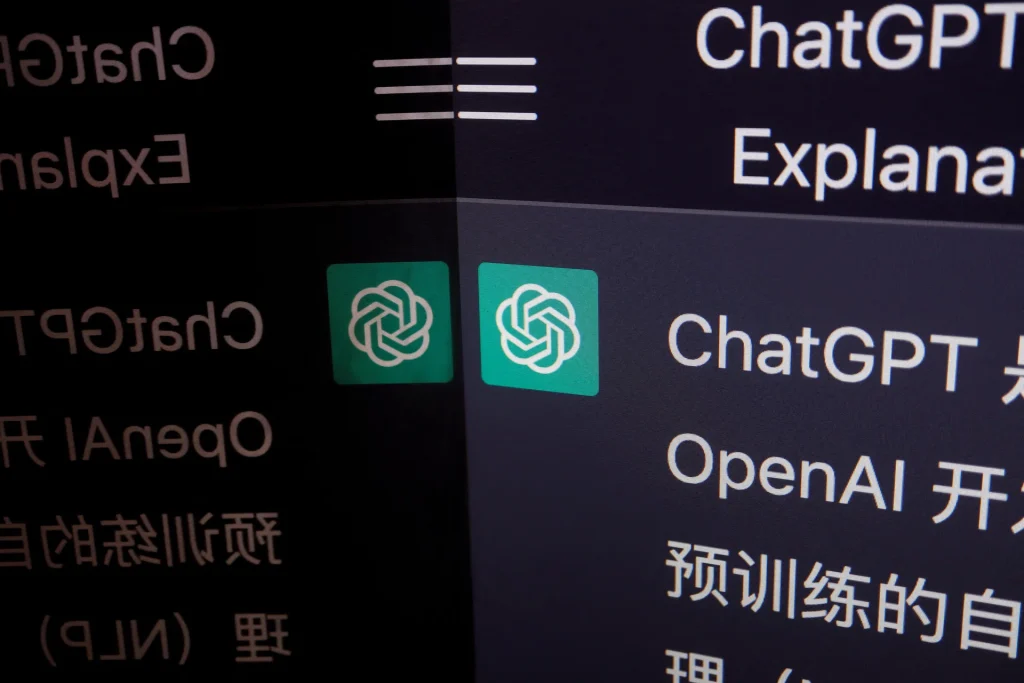ARTIFICIAL intelligence (AI) adoption has undoubtedly evolved from an intriguing technological frontier to an indispensable strategic asset, poised to redefine business success in the digital age.
Popular AI tools such as ChatGPT and Microsoft Copilot now offer organisations proprietary accounts, reflecting increased corporate interest in integrating AI into mainstream corporate functions. Some 92 per cent of companies also plan to increase their AI investments over the next three years, according to a report by consulting firm McKinsey.
Yet, despite these exciting developments, many organisations encounter a disconnect in marrying corporate AI training programmes with tangible business outcomes.
A critical observation across industries is that corporate AI training frequently misses the mark by offering overly theoretical, generic content disconnected from actual business needs.
One of SGTech’s members, a cybersecurity small and medium-sized enterprise, initially found value in basic AI learning platforms that later proved to lack depth in architecture adaptation, performance optimisation and business integration.
As a result, they encountered significant difficulties when the AI models needed to be modified. This experience highlighted that effective AI deployment demands more than just online self-learning or technical experimentation, but also requires guided, use-case-specific training to address real-world constraints for measurable impact.
BT in your inbox

Start and end each day with the latest news stories and analyses delivered straight to your inbox.
Beyond that, there is a persistent misconception that AI training is relevant only for technical roles. Yet, as AI-driven tools increasingly reshape industries – from finance, where predictive analytics dramatically enhance risk management, to healthcare, where generative AI (GenAI) assists in diagnostics – AI literacy is becoming essential across all organisational levels. When employees across departments are empowered with relevant AI knowledge, organisations can then fully realise the potential of their technology investments.
Companies also tend to focus heavily on training for large language models, while overlooking the broader spectrum of AI and analytics that have been in use for years. Predictive AI, for instance, remains highly effective for use cases involving probability estimation, outcome classification and decision support.
Organisations that strategically select and deploy AI solutions tailored to their specific challenges and opportunities would be more likely to realise tangible value from employee-training initiatives. Avoiding trend-driven adoption and prioritising alignment with business objectives can significantly improve the return of investment on their digital transformation efforts.
The pathway to making corporate AI skilling count
To bridge the persistent gap between training and measurable business outcomes, a shift towards business-oriented, application-first AI skilling is essential. Training providers should co-develop curricula with industry partners, focusing on modular, experiential learning and practical case studies, and essential soft skills such as ethical decision-making.
As a starting point, a resource guide for businesses was created in conjunction with AI Singapore, SkillsFuture Singapore and strategy consulting firm TalentKraft.
This guide identifies crucial AI-related competencies required across roles from developers to end users, based on insights gathered from 30 companies. It also includes a reference workflow for companies that are intending to adopt and deploy GenAI solutions, which will empower organisations to effectively embrace and integrate such technologies within the workplace.
Organisations themselves must also integrate AI training strategically into workforce development, instead of considering ad hoc upskilling only when the need arises. One way is to create role-based learning paths to tailor training to specific roles. For instance, business leaders can be trained in AI fluency, training for tech teams can emphasise learning, while human resources and legal departments need to understand the ethical use of AI across the organisation.
Protected learning time can also be implemented, to ensure all employees are skilled successfully in their respective areas. Establishing mentorship programmes and in-house AI centres of excellence can further cultivate employee AI capabilities.
Ultimately, organisations that achieve the greatest impact and return on AI investment are those that thoughtfully balance cutting-edge generative technologies with well-established predictive tools, and precisely align each with their strategic business objectives.
Working in tandem
At the broader ecosystem level, collaboration is key. Governments can play a pivotal role by defining clear national standards for AI competencies, offering targeted financial incentives and encouraging robust public-private partnerships.
Singapore’s AI talent initiatives, designed to foster industry-academia collaboration, exemplify this strategic alignment, and are essential to nurturing AI-ready talent pools that meet real-world business demands.
Fundamentally, achieving meaningful AI adoption demands a mindset shift within organisations. Employers should embed AI as a central pillar of their strategic operations, rather than treating it as merely a technology-driven initiative. Employees, for their part, should approach AI upskilling with curiosity and adaptability, recognising AI as an empowering extension of their professional capabilities, rather than a potential threat.
To truly unlock the transformative potential of AI, businesses must move beyond generic training and adopt a strategic, application-driven approach. By aligning AI training with real-world use cases and core operational goals, organisations can turn capability-building into a powerful driver of long-term, measurable success.
Nicholas Lee is chair of SGTech, a trade association for Singapore’s tech industry. Lim Hsin Yin is chairwoman of SGTech’s AI skills and training committee.


